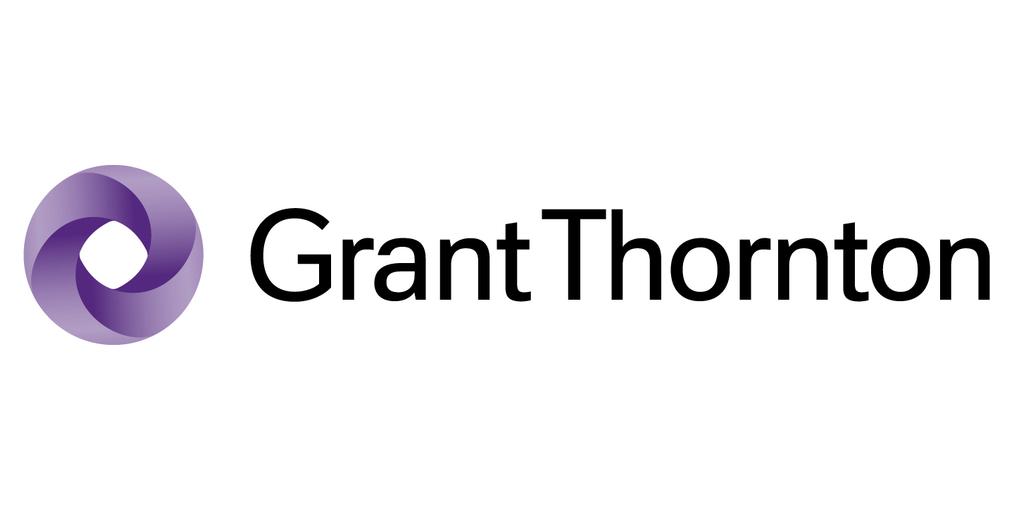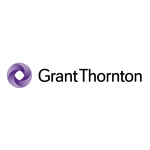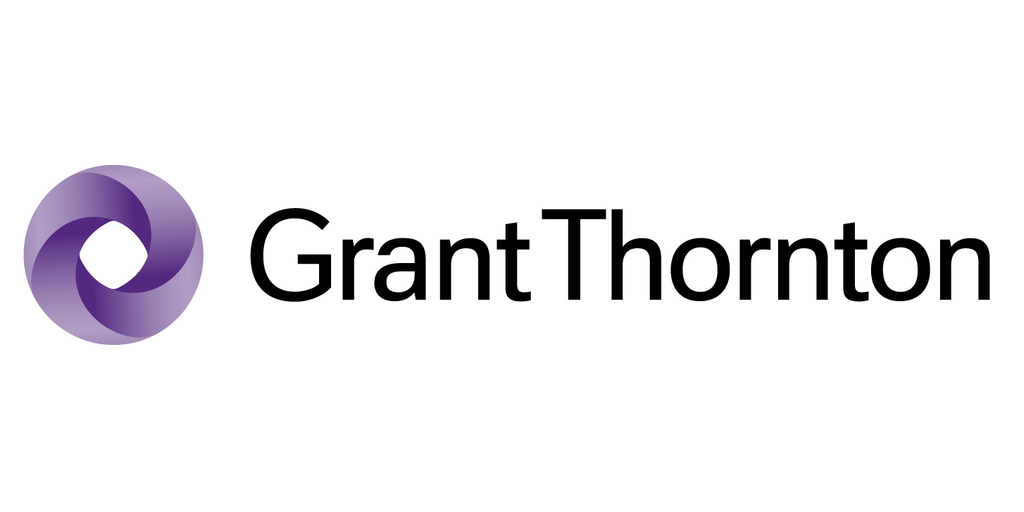—76% of financial institutions are experiencing enhanced regulatory scrutiny related to sanctions
—36% consider their sanctions compliance budgets to be inadequate
—88% identified sanctions risk assessments as one of their top investment areas
CHICAGO–(BUSINESS WIRE)–Grant Thornton LLP, one of America’s largest audit, tax and advisory firms, has released its first-ever Global Sanctions Compliance survey. The survey canvassed decision makers at nearly 300 financial institutions around the world to understand how they are responding to Russia-related sanctions. Respondents included senior compliance professionals, senior management leaders and board members.
According to the survey, 76% of financial institutions are experiencing enhanced regulatory scrutiny related to sanctions since early 2022. Further, these financial institutions said that their prior substantial investments in sanctions compliance are proving to be inadequate, largely due to the unprecedented number of Russia-related sanctions and the accompanying regulatory changes.
Survey participants also reported that the cost of sanctions compliance has been increasing, with 57% of respondents noting a spend increase in response to the recently imposed global sanctions. More than 65% agreed that overall costs related to sanctions will continue to rise, and they expect to increase their compliance spending over the next 12 to 24 months.
There are multiple factors driving up the costs of sanctions compliance, including the increasing complexity of different sanctions and diverging interpretations and level of enforcement of sanctions requirements.
With higher spending on sanctions compliance trending up, not all budgets at financial institutions have kept pace. Globally, 36% of survey respondents said they consider their budgets to be inadequate or severely inadequate, with Asia-Pacific and Latin America exceeding the global average.
“Governments are rolling out sanctions at an unprecedented pace and continuing to enact major legislative changes, often combining various financial crime concepts,” said Sven Stumbauer, a managing director at Grant Thornton LLP and the leader of the firm’s Anti-Money Laundering and Sanctions practice. “As a result, banks are trying to figure out the new rules, enact the right compliance measures and find the tools to do so, all while trying to protect their business. This, in turn, is increasing the pressure on boards and C-level executives.”
A well-informed board of directors is crucial
As financial institutions wrestle with intensifying sanctions, a well-informed and engaged board of directors has never been more crucial. Despite the importance of risk management, 30% of survey respondents indicated that they do not provide regular board training or briefings to board members.
According to Stumbauer, boards that thoroughly understand legal and regulatory requirements are in the best position to provide thorough oversight and ultimately allocate sufficient funding for sanctions compliance programs. However, less than half (45%) of respondents said they conduct annual board trainings and briefings for their boards, leaving many institutions scrambling to stay compliant due to the fast pace of sanctions and regulatory changes.
“Boards that receive more frequent trainings and briefings will enhance their ability to adapt strategy at a faster pace,” said Stumbauer.
Mitigating the consequences of de-risking
According to the survey, 79% of respondents utilized a de-risking strategy to manage their sanctions exposure. When institutions were asked in which area they planned to increase their investment the most, there was a tie between “adequate risk assessment and quantification” and the need to “assess sanctions risk in more agile ways.”
De-risking typically involves eliminating or restricting business relationships to avoid and manage risk, but this strategy does not come without consequences. In fact, the survey reported that 60% of respondents either limited or terminated business relationships as a result of their de-risking actions. In conducting the survey, Stumbauer and his team also found that some institutions are using different counterparts — often away from traditional “trade routes” — and are effectively forum shopping for the lowest customer due diligence requirements. As a result, institutions have created nested relationships that often lead to increased risks of money laundering and sanctions breaches.
“There is no more ‘business as usual,’ but there’s a way to grow your business while monitoring risk,” Stumbauer added. “Now is the time to invest in a thorough risk and compliance program that accounts for the many levels of complexity we’re seeing in the current sanctions landscape.”
De-risking is not a new phenomenon, but Russia-related sanctions have amplified this trend. In fact, more than 88% of respondents identified sanctions risk assessments as one of their top six investment areas in 2022 and beyond.
To see additional findings from Grant Thornton’s 2023 Global Sanctions Compliance survey, visit https://www.grantthornton.com/services/advisory-services/anti-money-laundering-advisory-services/sanctions-survey-report-2023.
About Grant Thornton LLP
Grant Thornton LLP (Grant Thornton) is one of America’s largest audit, tax and advisory firms — and the U.S. member firm of the Grant Thornton International Ltd global network. We go beyond the expected to make business more personal and build trust into every result. With revenues of $2.3 billion for the fiscal year that ended July 31, 2022, and almost 50 offices nationwide, Grant Thornton is a community of more than 9,000 problem solvers who value relationships and are ready to help organizations of all sizes and industries create more confident futures. Because, for us, how we serve matters as much as what we do.
“Grant Thornton” refers to Grant Thornton LLP, the U.S. member firm of Grant Thornton International Ltd (GTIL). GTIL and the member firms are not a worldwide partnership. Services are delivered by the member firms. GTIL and its member firms are not agents of, and do not obligate, one another and are not liable for one another’s acts or omissions.
Contacts
Gina Mazzone
T +1 312 602 9096
E gina.mazzone@us.gt.com
S twitter.com/grantthorntonus
linked.in/grantthorntonus







